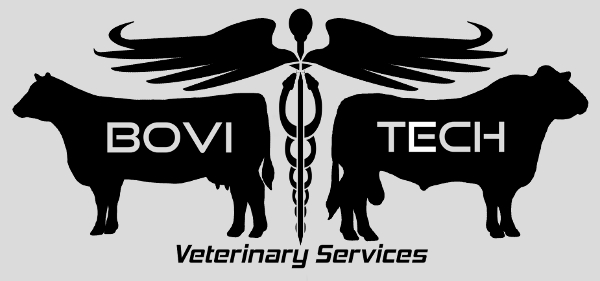Our Approach to On-Farm Biosecurity
On a daily basis, we visit multiple properties and have direct contact with various livestock, therefore we are conscious of our potential to transmit disease and weeds between farms. For your own peace of mind, we make every practical attempt to reduce this risk. It is standard practice to change clothes between farms as well as disinfect boots, equipment, and “contact” areas in our vehicles. Disposable consumables are used wherever possible and are single use only (i.e., needles and syringes are not reused). Where possible, we try to avoid driving through paddocks however in some situations this is not possible. When our vehicles have been driven through paddocks or unsealed laneways, they are checked at the farm gate prior to leaving for noxious weeds such as doublegees in the tyres and undercarriage. We take biosecurity seriously, so if you have any additional biosecurity requirements (such as full vehicle wash down, wash-in-wash-out facilities, induction procedures etc), please let us know in advance so that we can accommodate for this accordingly in our schedule.


Individual Farm Biosecurity Plans
In 2017 it became compulsory to complete and implement a biosecurity plan on your farm in order to maintain LPA accreditation. While this is actually a legal requirement, we strongly encourage our clients to take this seriously and take the time to create and implement an effective plan, not just “tick and flick” the generic templates that are available online. We are happy to help clients formulate an effective biosecurity plan, tailored to your individual requirements and farming practices. Biosecurity plans overseen by a vet are eligible for J-BAS 8 accreditation. Sitting down with your veterinarian to create your biosecurity plan, and review on an annual basis, will help you to understand the biosecurity risks (e.g., livestock diseases) that threaten your business, and how best to reduce these risks. Please get in contact if you’d like more information.
Contact Details
